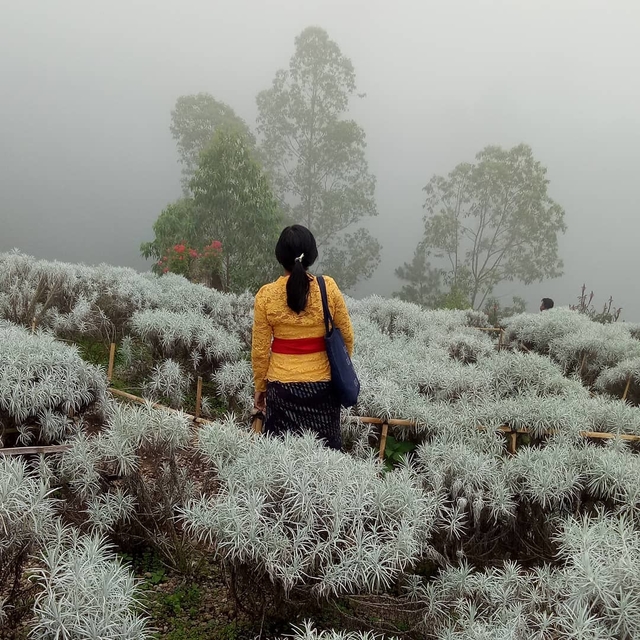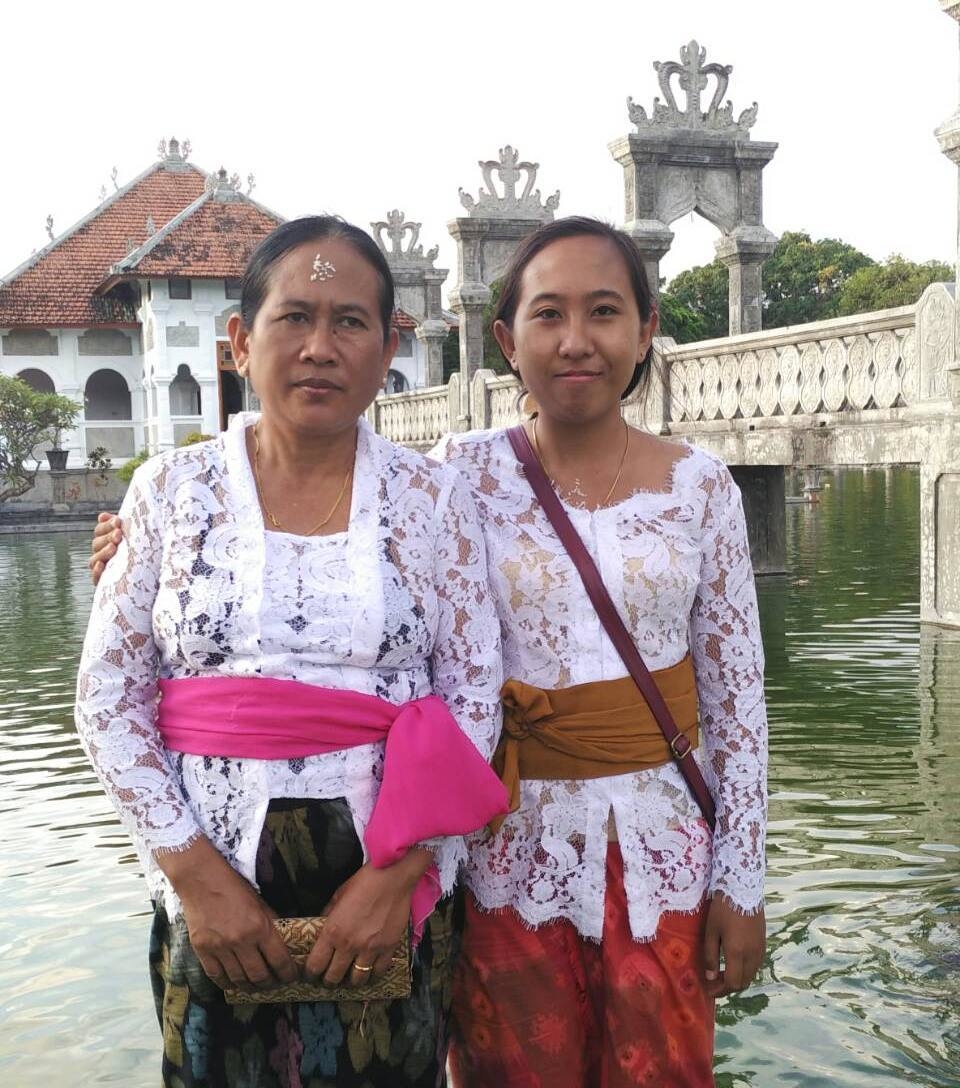The Indonesian portal "Magdalene," aiming to highlight the views of feminists, pluralists, and progressive thinkers, published an article about the position of Balinese women in society.
Here is the translated content.

My brother has just had his second child, and it's another girl. Our relatives came to see her. Some of them made jokes about how unfortunate it was for her to be born a girl and not a boy. I was shaken by their comments, but my family took them lightly, as they were also hoping for a boy. Yet, I can't deny that I was hoping for a nephew and feel disgusted with myself.
Women have always been the "second best" in my family. My parents favored my brother more; he always gets what he wants and seems to think he can spend more money than I can. My parents expect me to help with household chores, while my brother can do whatever he wants. It's hard for me to admit that they support my brother more, it hurts to realize that parents can't love their children equally.

Our Balinese culture recognizes a caste system that includes the highest caste - Brahmins, followed by Kshatriyas, Vaishyas, and the lowest - Shudras. My uncle has a daughter who married someone from a lower caste. She was the first woman in our extended family to do so, which brought great shame upon our family. The family blamed my uncle and his wife for spoiling their daughter and grandchildren. They say it's inappropriate.
Now, my uncle has to transfer his support to one of his nephews so that when he passes away, the nephew will take care of his body.
My parents also want me to marry someone from my caste or higher, even though my brother can marry anyone.

People around the world are fascinated by Balinese culture, but they rarely discuss the deeply entrenched patriarchy that governs society: how families with daughters are considered incomplete and can only be deemed complete with a son, leading many families to have multiple children in attempts to have a son. How women are regarded within families and communities as "second best." How certain religious rituals within the family can only be performed by sons.

I'm not saying that my experience represents all Balinese people, but I know that different parts of Bali are more conservative than others, especially in small villages. Some parts of Bali also follow the practice of "Nyentana," where a man enters into marriage with a woman's family and changes his position within the family. However, it's not easy to find someone willing to practice "Nyentana."
The pressure on me as a daughter sometimes suffocates me. Sometimes, I regret being born into a conservative Balinese family. I take pride in my family and my culture, but I truly wish that certain aspects of its culture would fade away, so that my two nieces won't feel what I'm feeling now.

Author: I Gusti Ayu Aryoni (Ayik)
You can add one right now!